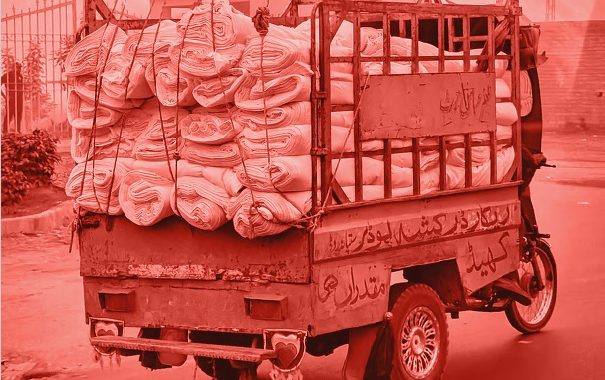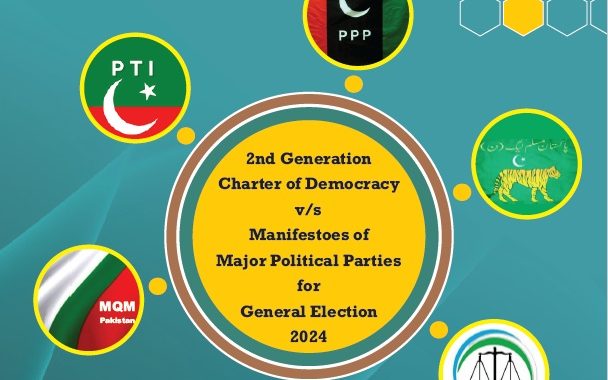Local Governance Profile SINDH
This chapter analyzes the state of local governance in Sindh, where a unique paradox has taken root: legally elected local governments exist, yet they remain systematically paralyzed and non-functional. The analysis reveals that this is not a result of administrative oversight but a deliberate provincial strategy of withholding the financial resources and administrative authority necessary for these institutions to operate. This has created a hollowed-out democratic structure—one that exists on paper but has been deprived of the power to deliver on its mandate, particularly in the urban complexities of Karachi.
Author Archive: Ishfaq Khalil
Punjab White Paper on Local Govt
Local Governance Profile PUNJAB
This chapter analyzes the state of local governance in Punjab, Pakistan’s most populous and administratively dominant province. Despite frequent legislative activity and multiple local government laws since 2001, Punjab’s experience has been defined by discontinuity, executive control, and a lack of genuine political will. This analysis examines the paradox of “Legislative Motion without Movement”—how repeated legal reforms have failed to translate into meaningful devolution, leaving local governments structurally weak, fiscally dependent, and politically sidelined.
National White Paper on Local Govt
A nation’s democratic health is built upon a true foundation of empowered local governance. As the closest interface between the citizen and the state, local governments are essential for responsive service delivery, inclusive development, and the cultivation of a participatory democratic culture. In Pakistan, this principle is unequivocally enshrined in Article 140-A of the Constitution, which mandates the devolution of “political, administrative and financial responsibility and authority” to elected local representatives [1]. This article is not a suggestion; it is the blueprint for the democratic foundation upon which a stable and prosperous Pakistan must be built.
KP White Paper on Local Govt
Local Governance Profile Khyber Pakhtunkhwa
This chapter analyzes the state of local governance in Khyber Pakhtunkhwa (KP), a province that presents a unique paradox. While historically at the forefront of local governance legislation, its progress has been consistently undermined by a political culture that subverts its own reforms through parallel structures and engineered instability. This analysis examines the “Pioneer’s Paradox”: how KP’s progressive, formula-based systems are rendered ineffective by an entrenched political will to retain central control.
ICT White Paper on Local Govt
Local Governance Profile – Islamabad Capital Territory
This chapter analyzes the unique case of local governance in the Islamabad Capital Territory (ICT). As a federally administered territory, it possesses a unique legal status. This analysis examines the institutional conflict between the promise of devolution embodied by the Metropolitan Corporation Islamabad (MCI) and the reality of centralized control historically wielded by the Capital Development Authority (CDA), a dynamic now at a critical juncture due to recent judicial interventions.[10][11]
Balochistan White Paper on Local Govt
Local Governance Profile Balochistan
This chapter examines the state of local governance in Balochistan, a province where the constitutional promise of devolution has been rendered inert through prolonged and systemic neglect. The analysis reveals an architecture of control, defined by a decade-long fiscal starvation due to a dormant Provincial Finance Commission (PFC) and an opaque development process dominated by the provincial bureaucracy. This has resulted in a local government system that exists in law but is deprived of the resources and authority to function.
Public Money, Private Harm
Public procurement represents a powerful tool for shaping market behaviours and advancing responsible business conduct. In the European Union (EU), it accounts for approximately 15% of GDP – nearly €2 trillion annually1 – giving public authorities significant influence over working conditions, environmental sustainability and human rights in global supply chains. By integrating social and environmental requirements into procurement policies and procedures, public authorities can help foster decent work and responsible business practices, not least in high-risk sectors such as textiles.
The Road to Democracy
The state of democracy in Pakistan is marked by a complex interplay of political, social, and institutional dynamics that frequently challenge its stability and effectiveness. However, the people of Pakistan have never abandoned their dreams, desires, and aspirations to be governed democratically through their elected representatives and parliamentary institutions. One notable attempt to stabilize and strengthen democratic norms was the Charter of Democracy, signed in 2006 by two of the major political parties—the Pakistan People’s Party (PPP) and the Pakistan Muslim League-Nawaz (PML-N). This agreement was intended to reduce military influence in politics, ensure fair elections, and promote a cooperative political culture. Although, the pervasive influence of the military has historically played a dominant role, including direct control through coups. Civilian governments often grapple with political instability, characterized by corruption, inefficiency, and short tenures frequently disrupted by judicial decisions or military interventions. Electoral integrity is another critical issue, with frequent allegations of vote
rigging and manipulation undermining public trust in the democratic process.









